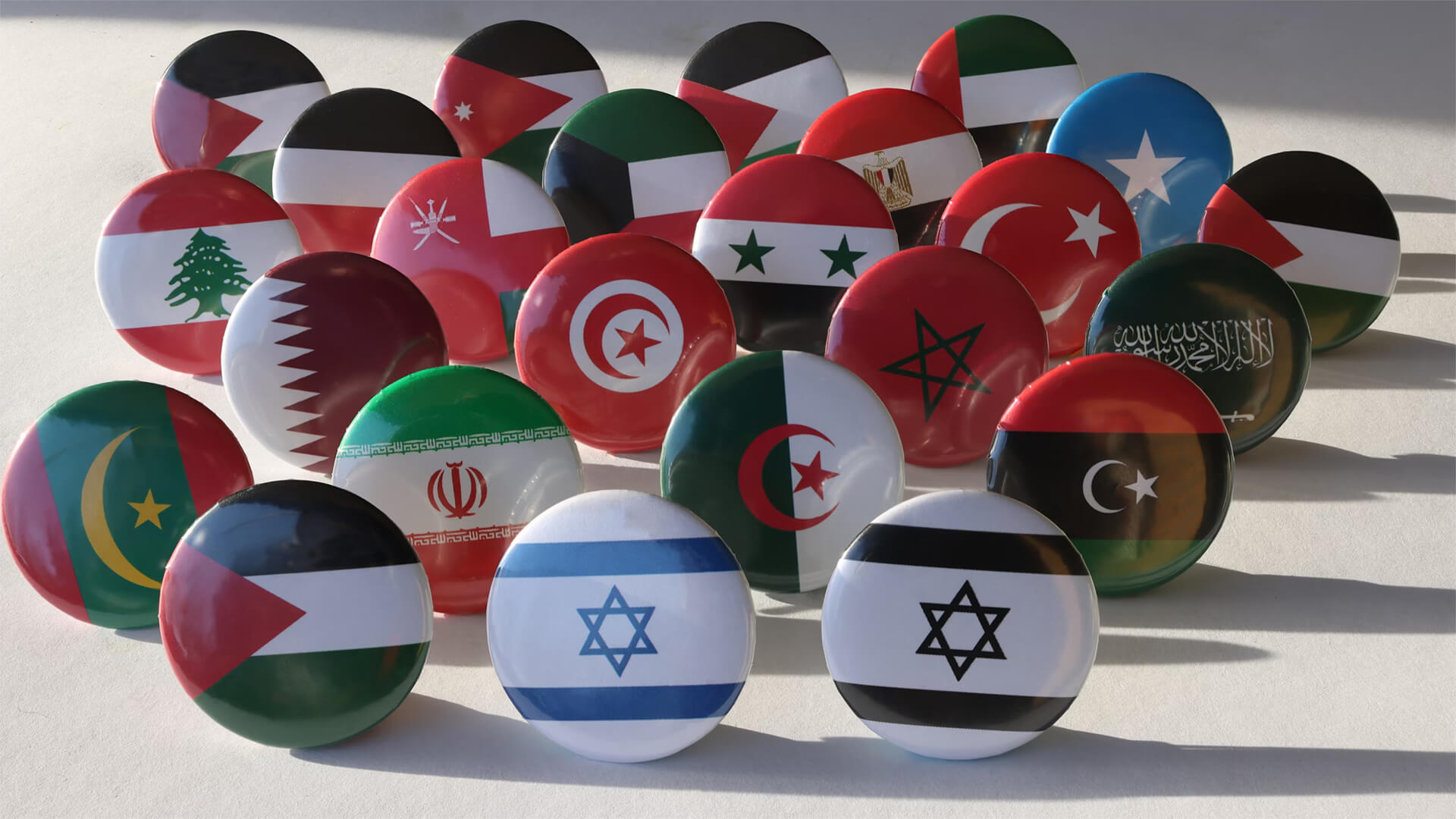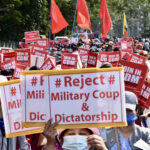There’s no shortage of news coming out of the Middle East, but today we’re going to look at the rising tensions between Israel and Iran and Iranian proxy Hezbollah.
While we’ve seen multiple attacks between Iran and Israel (and Hezbollah is poking around as well), a broader war is unlikely. Each of these players is preoccupied and has bigger fish to fry. Israel with Gaza, Hezbollah integrating with the Lebanese government, and Iran having to manage an increasingly complex domestic political environment.
The big news is obviously Israel’s assassination of a Hamas leader in Tehran, but there’s been a handful of back-and-forth attacks between the two countries. While Israel isn’t likely to topple the Islamic Republic via its targeted assassination campaigns their successes have resulted in rising domestic criticism of Iran’s Revolutionary Guards.
Tensions—and attacks—between Israel and Iran/Hezbollah will almost certainly continue, but in terms of a major conflict or significant policy change…I wouldn’t expect much.
Here at Zeihan On Geopolitics we select a single charity to sponsor. We have two criteria:
First, we look across the world and use our skill sets to identify where the needs are most acute. Second, we look for an institution with preexisting networks for both materials gathering and aid distribution. That way we know every cent of our donation is not simply going directly to where help is needed most, but our donations serve as a force multiplier for a system already in existence. Then we give what we can.
Today, our chosen charity is a group called Medshare, which provides emergency medical services to communities in need, with a very heavy emphasis on locations facing acute crises. Medshare operates right in the thick of it. Until future notice, every cent we earn from every book we sell in every format through every retailer is going to Medshare’s Ukraine fund.
And then there’s you.
Our newsletters and videologues are not only free, they will always be free. We also will never share your contact information with anyone. All we ask is that if you find one of our releases in any way useful, that you make a donation to Medshare. Over one third of Ukraine’s pre-war population has either been forced from their homes, kidnapped and shipped to Russia, or is trying to survive in occupied lands. This is our way to help who we can. Please, join us.
Transcript
Hey everybody, Peter Zeihan here. Coming to you from Colorado today to popular acclaim, we are going to talk a little bit about what’s going on in the Middle East of late. There has been a lot of tit-for-tat attacks across the region, with the Iranians broadly on one side and the Israelis on the other, Hezbollah somewhere in the middle.
And the question really comes down to whether or not we’re going to be seeing a broader war here. Punchline? Probably not. Israel has its hands full in Gaza. It really doesn’t want a wider conflict. Hezbollah, which is the militant group that, from certain points of view, facto runs Lebanon, definitely does not want its position overthrown because it’s no longer a pure terror group.
It actually is more or less the government, and that means it has exposures that are a lot easier to be exploited in a direct war, as opposed to a terror group, which can just go to ground. They’re much more vulnerable because they’re much more powerful. And then third, in Iran, they’re trying to go through a political transition. They’ve got a new president, and the Supreme Leader who makes all the real decisions is older than Biden.
And we know that he doesn’t have much time left either, so they don’t want the disruption that a major war would cause as well. The problem, of course, is that the Middle East, to put it in Western terms, is basically like a barroom argument and that everybody wants to have the last word. So in the last few days, the Israelis have assassinated Ismael Haniya, who is a Hamas political leader who was in Tehran, and they assassinated him in Tehran.
So the Iranians are furious, obviously, and feel that any idea that you can provide security for your own allies in the region, but not you can’t even do it at home, makes them look incredibly weak. So they feel they need to strike back, so they probably will. But remember, what preceded this was Iran leaning on Hezbollah to fire a bunch of rockets into Israel.
And so before that, the Israelis killed a Hezbollah commander in Beirut. And it’s just it’s been back and forth, back and forth, back and forth. Everyone wants the last word. Nobody wants a war, but everybody wants the last word. It’s not the most perfect picture for strategic stability, but I have to remind you that this is what the Middle East looks like on a good day.
And of late, the Middle East has had a lot of good days as long as the major players, Hezbollah, Israel, and Iran in the situation don’t feel that they would benefit from a wider conflict. All we get are these sort of high-profile blam back-and-forths. Everyone is seeking to close the argument. It’ll never close, but it also means the violence is unlikely to rise to a certain level above what is basically, for the rest of the world, a degree of background noise.
Okay, so the other thing to keep in mind on this is now there is a discussion going on internally in Iran. As I mentioned before, a new president, the Supreme Leader is failing. One of the things that we have seen since the Iraq war back in 2003 is that Iran has more and more and more given a free rein to the IRGC, which is basically their paramilitary arm, who controls large chunks of the economy at home and is basically in charge of shooting people abroad.
And as they’ve been given a longer and longer reach, they’ve basically indulged in every little fantasy they possibly could, when it comes to revenge and picked fights with everyone. Well, that’s coming home to roost now. That’s one of the reasons why the Israelis have dropped the hammer on Iranian interests here and there of late. Well, there’s a discussion now going on in Iran about whether or not they’ve gone too far, whether they’re causing more problems than benefits, whether they’ve become too important of a power player on their own, whether they’re breaking away from the clerical establishment and starting to set policy.
Now, these are all reasonable conversations. And in a normal country, these conversations would be front and center. In a place like Iran, where democracy is a, how shall we say, limited, it’s interesting that it’s finally boiled up. And it took the humiliation of the Haniya assassination on their home turf to kind of underline it to Iran about how bad the IRGC has gotten.
Now, you shouldn’t expect a singular decision here to suddenly change the math. The person who matters in Iranian politics is the Supreme Leader. And if he feels that the IRGC has gone too far and needs to be reined in, he will have to do something about that. But like I said, he is failing. So we are probably going to see a cosmetic continuation of the tit-for-tat with Iran.
It’s their turn. But back at home, we’re probably going to see a significant amount of instability and shifting as the various players and most notably the Supreme Leader actually have to make some really hard decisions about the future of the country. And for the Supreme Leader, this is also about legacy. And he probably doesn’t want his last legacy to be like taking a hammer to the IRGC. Anyway, exciting times, but probably not a war.








